Your Third Stimulus Check: How Much? When? And Other FAQs
The IRS is sending out another round of stimulus payments. Here's what you need to know about the third stimulus check with your name on it.


Profit and prosper with the best of Kiplinger's advice on investing, taxes, retirement, personal finance and much more. Delivered daily. Enter your email in the box and click Sign Me Up.
You are now subscribed
Your newsletter sign-up was successful
Want to add more newsletters?

Delivered daily
Kiplinger Today
Profit and prosper with the best of Kiplinger's advice on investing, taxes, retirement, personal finance and much more delivered daily. Smart money moves start here.

Sent five days a week
Kiplinger A Step Ahead
Get practical help to make better financial decisions in your everyday life, from spending to savings on top deals.

Delivered daily
Kiplinger Closing Bell
Get today's biggest financial and investing headlines delivered to your inbox every day the U.S. stock market is open.

Sent twice a week
Kiplinger Adviser Intel
Financial pros across the country share best practices and fresh tactics to preserve and grow your wealth.

Delivered weekly
Kiplinger Tax Tips
Trim your federal and state tax bills with practical tax-planning and tax-cutting strategies.

Sent twice a week
Kiplinger Retirement Tips
Your twice-a-week guide to planning and enjoying a financially secure and richly rewarding retirement

Sent bimonthly.
Kiplinger Adviser Angle
Insights for advisers, wealth managers and other financial professionals.

Sent twice a week
Kiplinger Investing Weekly
Your twice-a-week roundup of promising stocks, funds, companies and industries you should consider, ones you should avoid, and why.

Sent weekly for six weeks
Kiplinger Invest for Retirement
Your step-by-step six-part series on how to invest for retirement, from devising a successful strategy to exactly which investments to choose.
The IRS started sending third stimulus check payments in batches shortly after President Biden signed the American Rescue Plan Act on March 11. And, so far, the tax agency has sent over 150 million payments. But many Americans — especially those who haven't received a check yet — still have a lot of questions about the third-round stimulus checks. At the top of the list: How much will I get? And when will I get it?
Fortunately, we have answers to these and other frequently asked questions about your third stimulus check. We also have a nifty Third Stimulus Check Calculator that tells you how much money you should get (everyone's payment will be different). Read on to get the answers you need to the questions you have. Once you know more about your third stimulus check, you can start figuring out how you can use the money to your advantage.
(Stay on top of all the new stimulus bill developments – Sign up for the Kiplinger Today E-Newsletter. It's FREE!)

Number of Third Stimulus Checks
Question: How many third-round stimulus checks will I get?
Answer: As with the first two round of checks, the legislation authorizing the third round of payments only calls for one payment. This is not a "recurring" payment situation.
However, some people will receive a supplemental payment if their 2020 tax return is filed and/or processed after the IRS sends them their regular third stimulus check. The IRS is calling these "plus-up" payments, and they'll only be sent if your regular stimulus check would have been higher if it was based on your 2020 tax return (instead of on your 2019 return or some other information obtained by the tax agency). So, for example, if you received a $700 third stimulus check based on the information found on your 2019 return, filed your 2020 tax return later, and your third stimulus check would have been for $800 if it was based on information from your 2020 return, then the IRS will send you a second payment for the $100 difference.
Some married couples could also get two payments. If a joint tax return is filed, a married couple could get two separate third stimulus payments. Half may come as a direct deposit and the other half will be mailed to the address the IRS has on file. Each spouse should check the IRS's "Get My Payment" tool separately using their own Social Security number to see the status of their payments.

Amount of Third Stimulus Checks
Question: How much money will I get?
Answer: Everyone wants to know how much money they will get. You probably heard that your third stimulus check will be for $1,400 — but it's not that simple. That's just the base amount. Your check could actually be much higher or lower.
To calculate the amount of your check, Uncle Sam will start with that $1,400 figure. If you're married and file a joint tax return, then both you and your spouse will get $1,400 (for a total of $2,800). If you have dependents, you get an additional $1,400 for of them. So, for example, a married couple with two children can get up to $5,600.
Now the bad news. Stimulus payment amounts will be phased-out for people at certain income levels. Your check will be gradually reduced to zero if you're single with an adjusted gross income (AGI) above $75,000. If you're married and file a joint tax return, the amount of your stimulus check will drop if your AGI exceeds $150,000. If you claim the head-of-household filing status on your tax return, your payment will be reduced if your AGI tops $112,500. You won't get any payment at all if your AGI is above $80,000 (singles), $120,000 (head-of-household), or $160,000 (joint filers).
Also note that the IRS, which is issuing the payments, will look at either your 2019 or 2020 tax return for your filing status, AGI, and information about your dependents. Because of this, the amount of your third stimulus check could depending on when you file your 2020 tax return.
If your 2020 tax return isn't filed and processed by the time the IRS starts processing your third stimulus check, it will use your 2019 tax return to get the necessary information. If your 2020 return is already filed and processed, then your stimulus check will be based on that return. However, as noted earlier, if your 2020 return is not filed and/or processed until after the IRS sends you a stimulus check, but before August 16, 2021 (or September 1 if the May 17 filing deadline is pushed back any further), the IRS will send you a supplemental "plus-up" payment for the difference between what your payment should have been if based on your 2020 return and any payment actually sent based on your 2019 return.
Again, we have an easy-to-use Third Stimulus Check Calculator to help you figure out the estimated amount of your check (based on your 2019 or 2020 return). Check it out!
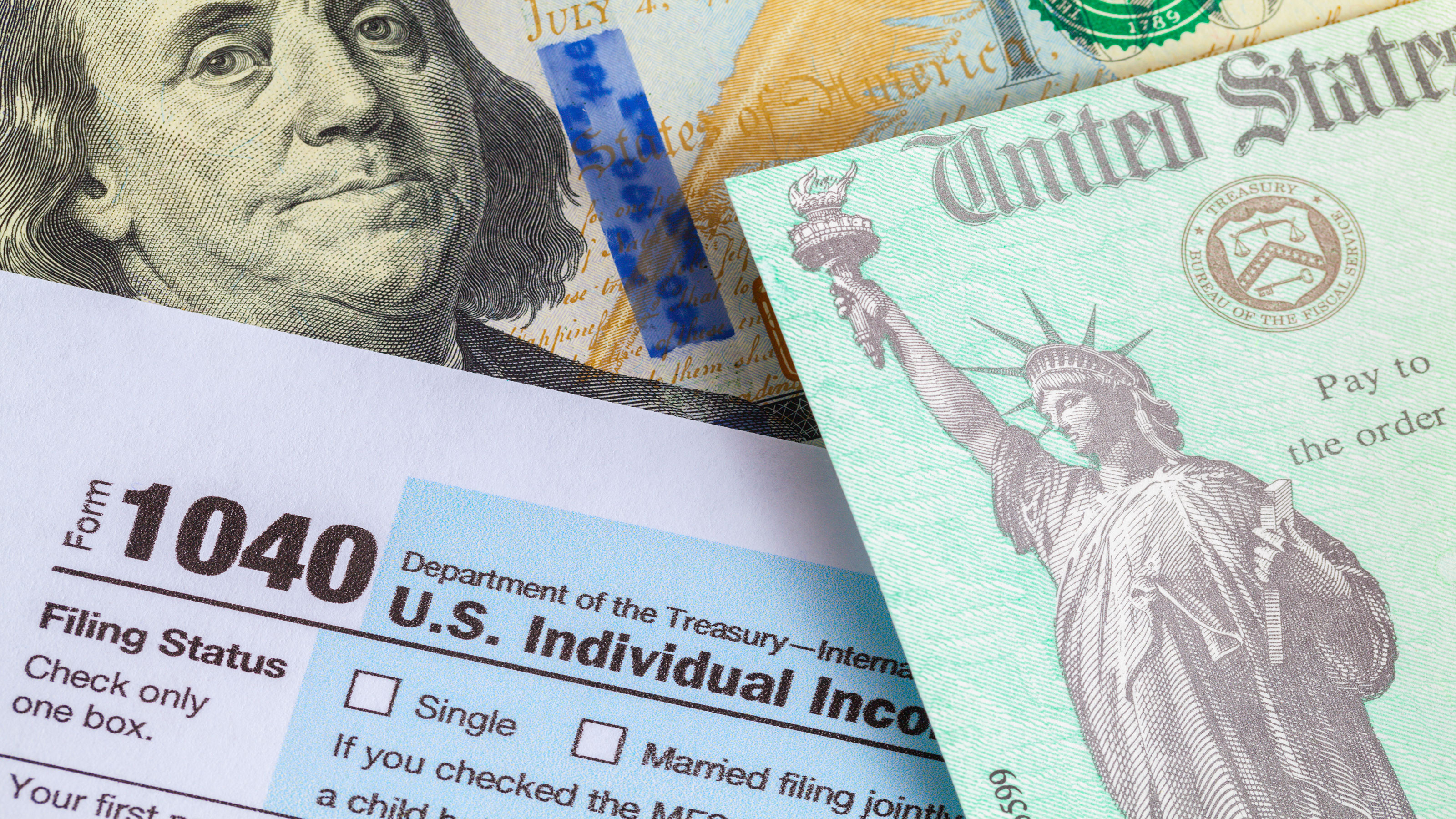
Taxation of Third Stimulus Checks
Question: Will my third stimulus check be taxed later?
Answer: No. As with the first two rounds of payments, your third stimulus check is actually just an advanced payment of the Recovery Rebate tax credit for the 2021 tax year. As such, it won't be included in your taxable income.
You also won't be required to repay any stimulus check payment when filing your 2021 tax return — even if your third stimulus check is greater than your 2021 credit. If your third stimulus check is less than your 2021 credit, you'll get the difference when you file your 2021 return next year. So, it's a win-win situation for you!

Timing of Third Stimulus Checks
Question: When will I get my third stimulus check?
Answer: Millions of Americans have already received their third stimulus check. And the IRS will be sending out more over the next several weeks. So, if you haven't received your payment yet (assuming you're eligible for a payment), it should arrive relatively soon.
How long it will take to send all payments is not known yet. The IRS has a lot on its plate right now. We're in the middle of tax return filing season, so the IRS is already busy processing tax returns. The tax agency also has to send refunds for people who reported unemployment compensation on their 2020 return and come up with a way to send periodic child tax credit payments later this year. All of this could very well slow down the processing and delivery of third-round stimulus checks.
If the IRS already has your bank account information — either from a recent tax payment that you made, a tax refund it sent you, or some other source — then expect to get your third stimulus check faster. That's because the IRS will be able to directly deposit the payment into your bank account. The IRS can also make a third stimulus payment to a Direct Express debit card account, a U.S. Debit Card account, or other Treasury-sponsored account. Otherwise, you'll get a paper check in the mail.
If you already have a prepaid debit card from the IRS (e.g., for a first- or second-round stimulus check), you'll get a new card if the IRS decides to send your third stimulus payment to you in that form. (But just because you received a debit card for an earlier stimulus payment doesn't mean you'll automatically get one for the third payment.)
You can check and track the status of your third payment by using the IRS's "Get My Payment" tool. The website is available in English and Spanish.
Finally, since the stimulus payments are automatic for most eligible people, don't bother calling your bank or the IRS to ask about the timing of your payment — that won't make it come any sooner!
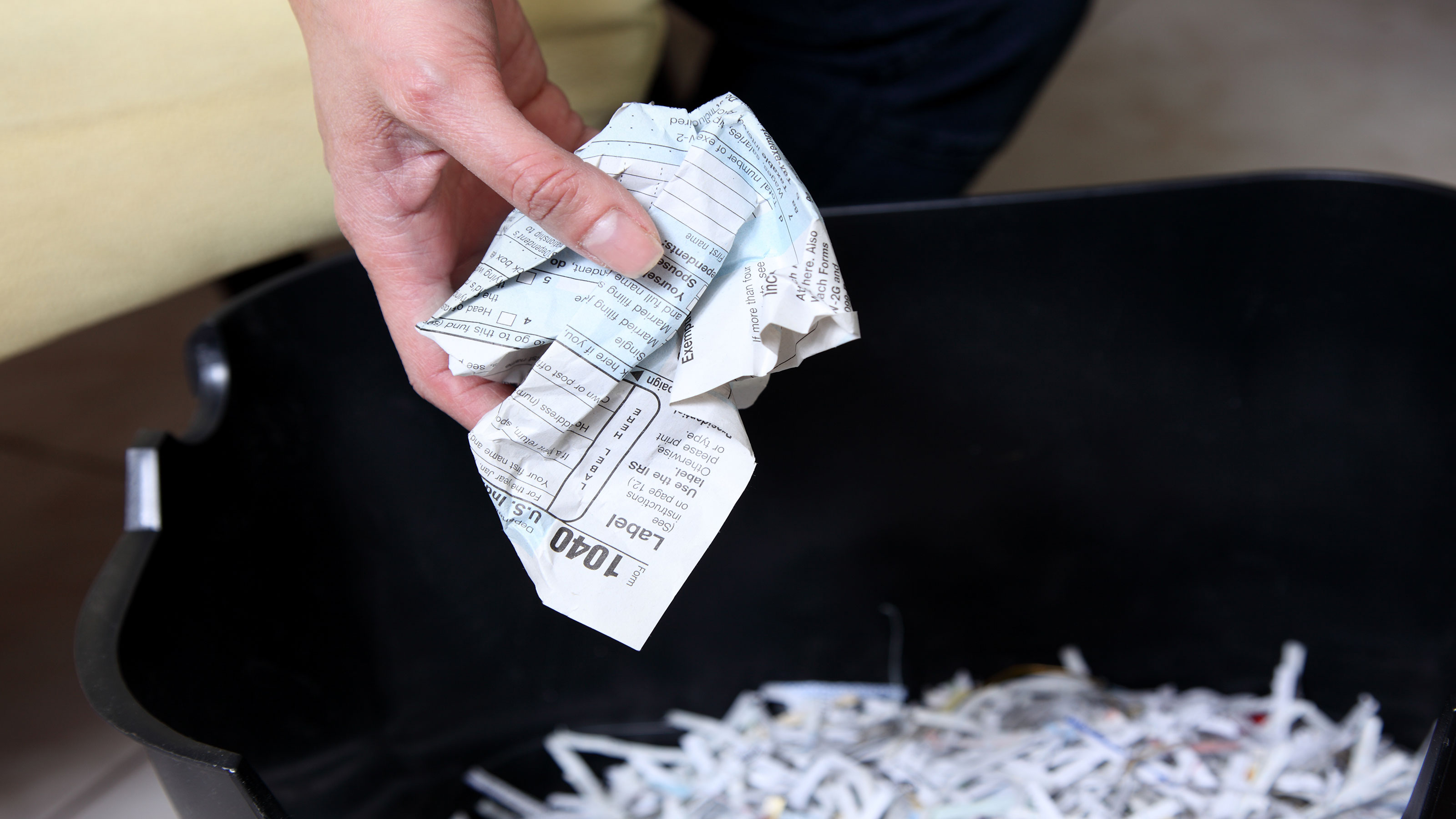
People Who Don't File a Tax Return
Question: What if I don't file a 2019 or 2020 tax return?
Answer: Some people don't file a tax return because their income doesn't reach the filing requirement threshold. If that's the case, the IRS will send a third stimulus check based on whatever information, if any, is available to it. That information potentially could come from the Social Security Administration, Railroad Retirement Board, or Veterans Administration if you're currently receiving benefits from one of those federal agencies. If that's the case, you'll generally receive your third stimulus payment the same way that you get your regular benefits. (Note that, if your third stimulus check ends up being paid to a representative payee or fiduciary, the entire payment can only be used for your benefit.) If you supplied the IRS information last year through its online Non-Filers tool or by submitting a special simplified tax return, the tax agency can use that information, too.
Some people who receive a third stimulus check based on information from the SSA, RRB, or VA may still want to file a 2020 tax return even if they aren't required to file to get an additional payment for a spouse or dependent.
If the IRS can't gather enough information about you to send you a third stimulus check, you won't lose out on the money — you'll just have to wait until next year to claim it. As we already noted, the checks that will be sent now are really just advance payments of the 2021 Recovery Rebate tax credit. So, if the IRS doesn't send you a third stimulus check, you can claim it as a refund or reduction of the tax you owe when you file a 2021 tax return (you can file a return just to claim the payment). You'll have to file your return, or request an extension, by April 18, 2022.

Children Born in 2021
Question: What if I had a child in 2021?
Answer: Unfortunately, if you had a child in 2021, you won't get an additional $1,400 in your third stimulus check for him or her. That's because your new bundle of joy wasn't claimed as a dependent on your 2019 or 2020 tax return. You can, however, get an additional $1,400 Recovery Rebate credit for your new baby on your 2021 tax return.

College Students and Young Adults Living at Home
Question: Will college students and young adults who live with their parents get a third stimulus check?
Answer: Anyone claimed as a dependent on someone else's tax return won't receive a third stimulus check. That means no payments to children living at home who are 17 or 18 years old, or to college students who are 23 or younger at the end of the year who don't pay at least half of their own expenses.
However, unlike with the first- and second-round payments, the person claiming the college student or young adults as a dependent – typically their parents – will get an extra $1,400 per dependent tacked on to their third stimulus check. For the first two stimulus checks, the additional amount was only allowed for dependent children 16 years old or younger. But the American Rescue Plan allows the extra payment for any dependents – regardless of their age.

Seniors Living with an Adult Child
Question: Will seniors who live with an adult child get a third stimulus check?
Answer: Again, anyone who is claimed as a dependent on someone else's tax return doesn't qualify for a third stimulus check. So, elderly people living with an adult child won't get a check if they can be claimed as a dependent on their child's tax return.
However, as with college students and young adults living with their parents, an adult child supporting an elderly parent will get an extra $1,400 added on to his or her third stimulus check if the elderly parent is a dependent. Again, the age of the dependent doesn't matter for third-round stimulus checks like it did with earlier stimulus payments.
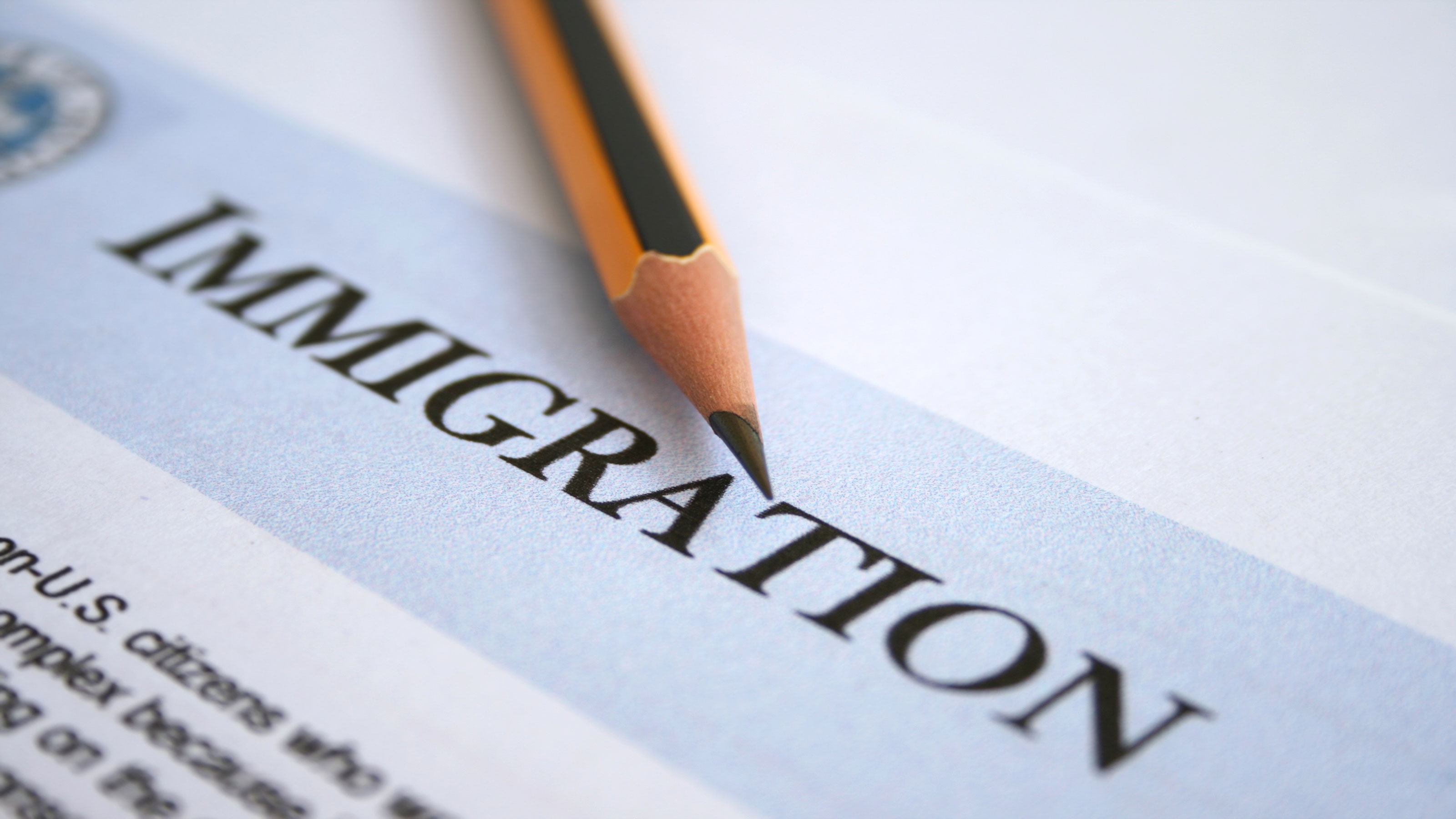
Nonresident Aliens
Question: Will "nonresident aliens" get a third stimulus check?
Answer: Nonresident aliens are not eligible to receive a third stimulus check. Generally, you're considered a nonresident alien if you're not a U.S. citizen, you don't have a green card, and you're not physically present in the U.S. for the required amount of time. For more information on nonresident alien status, see IRS Publication 519.
A nonresident alien who receives a third stimulus check should return the payment according to the IRS rules.
(Trusts and estates aren't eligible for third stimulus checks, either.)
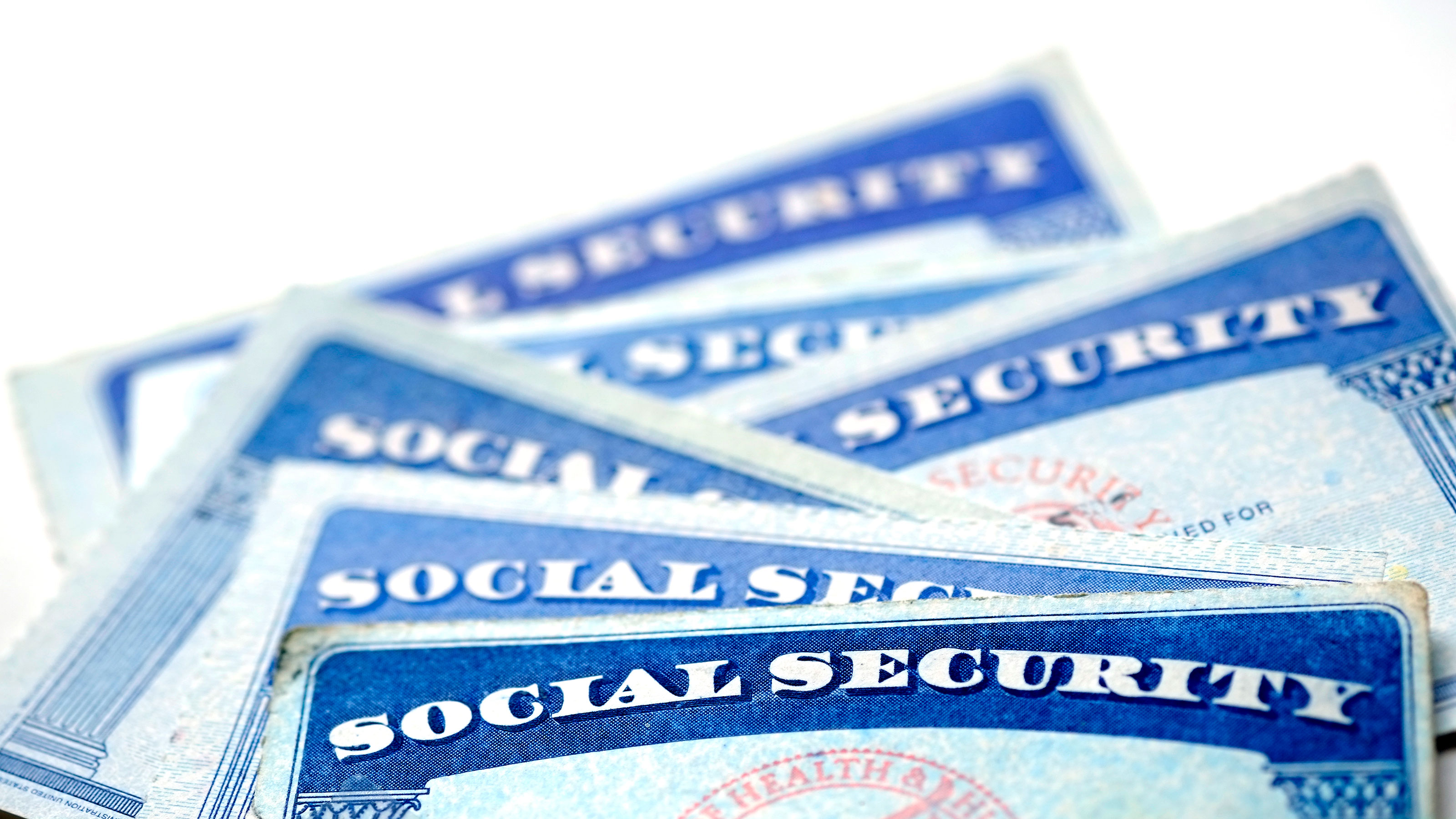
Social Security Numbers
Question: Do I have to have a Social Security number to get a third stimulus check?
Answer: In most cases, you must have a Social Security number to receive a third stimulus check. Generally, your spouse and any dependent you're receiving an extra $1,400 for must also have a social security number. If neither spouse has a valid social security number, you will only receive up to $1,400 for each qualifying dependent. An individual taxpayer identification number (ITIN) is not good enough.
There are a few exceptions to this rule:
- An adopted dependent can have an adoption taxpayer identification number (ATIN) instead of a Social Security number;
- For married members of the U.S. armed forces, only one spouse needs to have a Social Security; and
- If your spouse doesn't have a Social Security number, you can still receive a third stimulus check if you have a Social Security number.
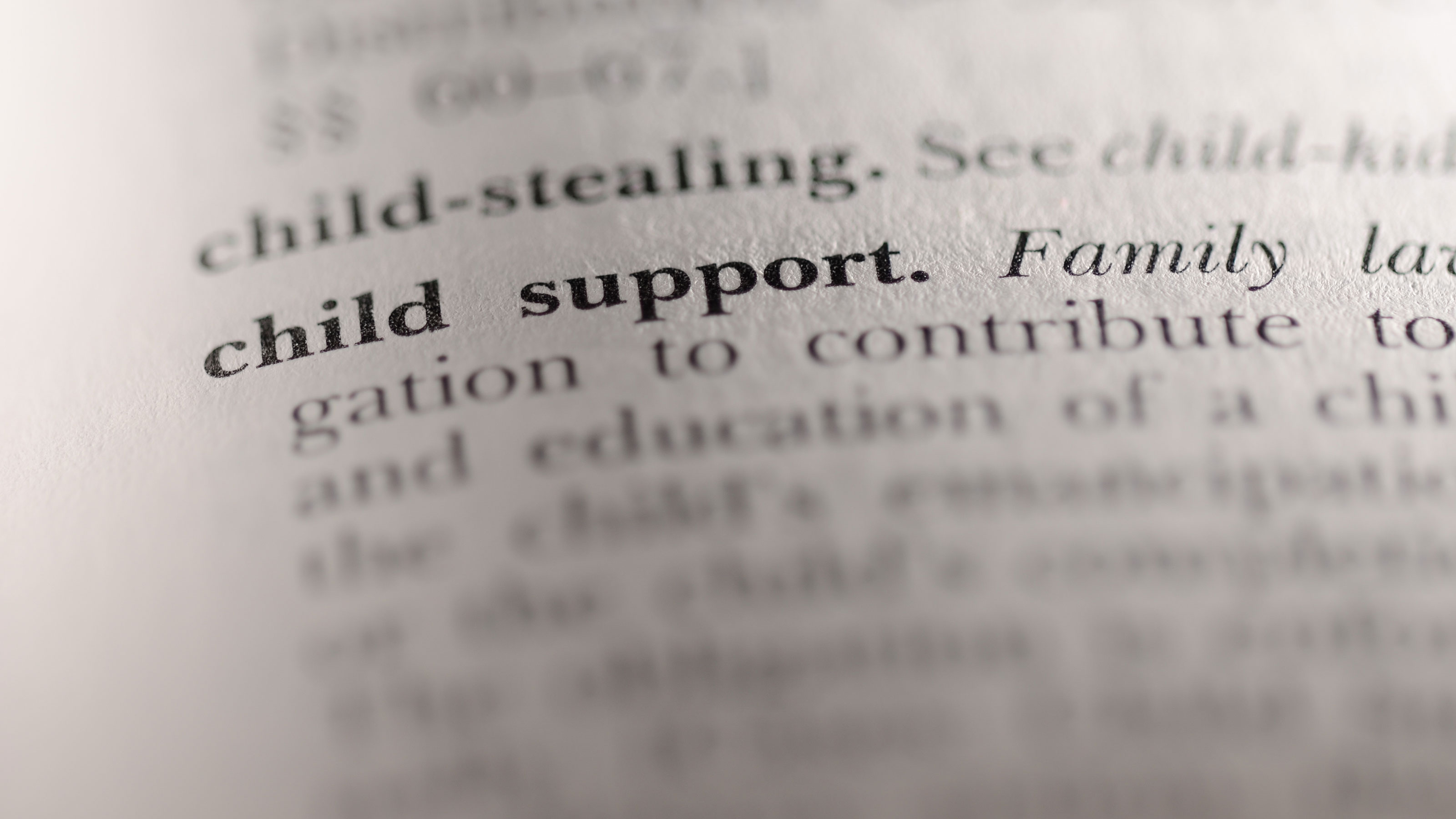
Back Taxes, Child Support and Other Debts
Question: Can the IRS or other creditors take my third stimulus check if I owe back taxes, child support or other debts?
Answer: Your third stimulus check is not subject to reduction or offset to pay child support, federal taxes, state income taxes, debts owed to federal agencies, or unemployment compensation debts. (If you owed child support, the IRS could use first-round stimulus check money to pay arrears.)
However, the American Rescue Plan doesn't include additional protections that were included in the legislation authorizing the second round of stimulus checks. For example, second-round stimulus checks weren't subject to garnishment by creditors or debt collectors. They couldn't be lost in bankruptcy proceedings, either. The IRS also had to encode direct deposit payments so that banks knew they couldn't be garnished.
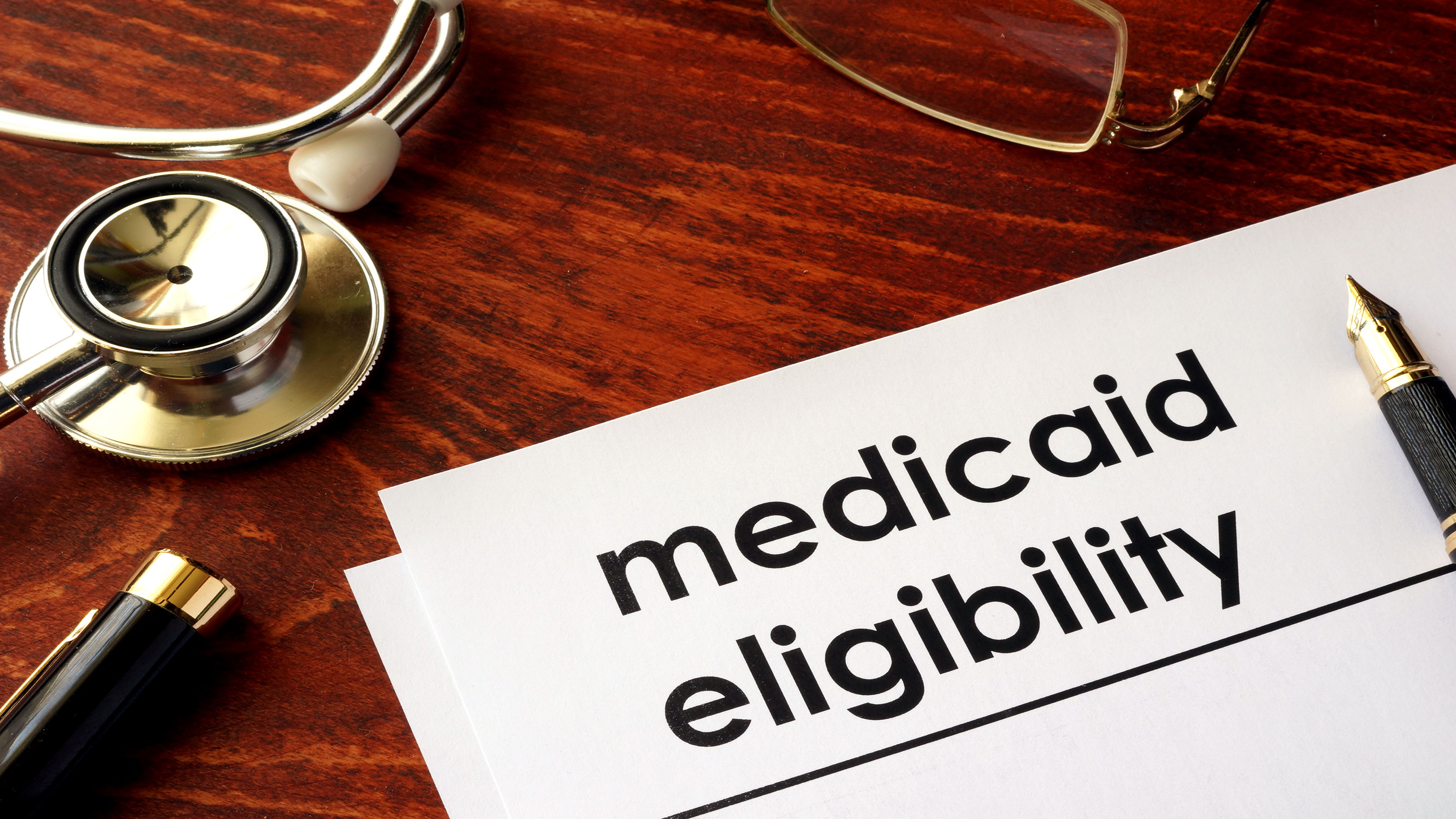
Impact on Benefits
Question: Will my third stimulus check affect the benefits I receive?
Answer: No. Your third stimulus check won't be counted as income when determining if you're eligible for benefits or assistance, or how much you can receive, under any federal program or any state or local program financed in whole or in part with federal funds. These programs also can't count stimulus payments as a resource for purposes of determining eligibility for a period of 12 months from the time you receive your payment.

Dead People
Question: Can a dead person get a third stimulus check?
Answer: For the third round of stimulus checks, anyone who died before January 1, 2021, is not eligible to receive a payment. Essentially, they're treated as if they don't have a Social Security number.
There is an exception for military personnel. If a person who died before 2021 was married and a member of the U.S. military, the surviving spouse can still receive a third stimulus check even if he or she doesn't have a Social Security number.
The extra $1,400 per dependent is also off the table if the parent died before 2021 or, in the case of a joint return, both parents died before then.
If you filed a joint 2020 tax return and your spouse died before 2021, the decedent won't be included for purposes of calculating a third stimulus payment. The surviving spouse, if eligible, will be sent a payment for up to $1,400, plus an additional $1,400 for any qualifying dependents. If you can't cash or deposit a stimulus payment because it was issued to you and a deceased spouse, you must return it according to the IRS rules. Include a letter requesting that the third stimulus payment be reissued in the surviving spouse’s name only.

Inmates
Question: Can a person in jail or prison get a third stimulus check?
Answer: Yes. There's nothing in the American Rescue Plan that prevents incarcerated people from receiving a third stimulus check. If they're otherwise eligible, they'll receive a stimulus check or will be able to claim a Recovery Rebate credit like anyone else.
There was nothing in the CARES Act to prevent first-round checks to inmates, either. However, the IRS initially deemed them ineligible for a payment. That decision was challenged in court…and the IRS lost.
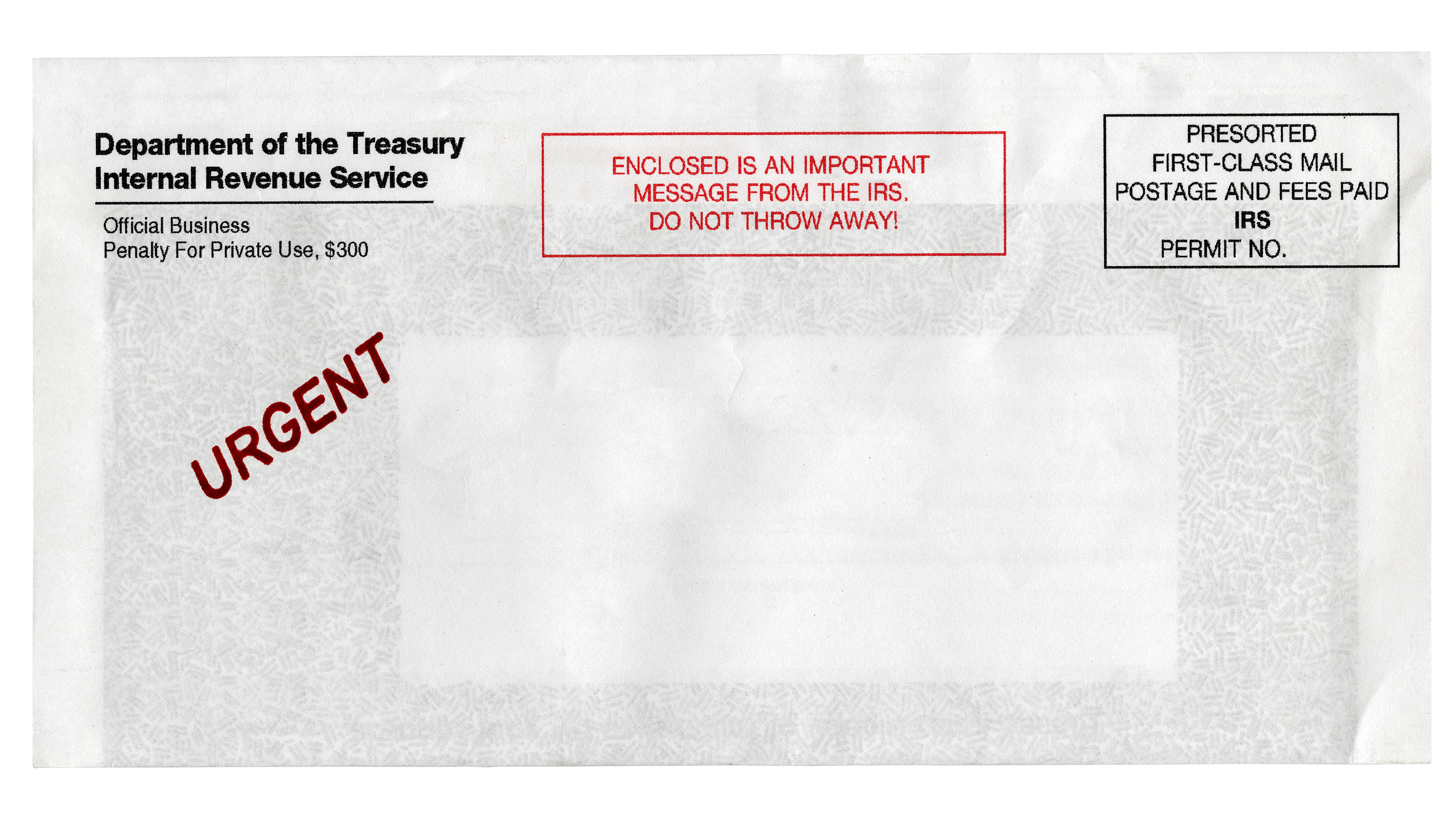
Notice of Payment
Question: Will I receive a notice from the IRS about my payment?
Answer: Yes, the IRS will send you a notice about your third stimulus payment (Notice 1444-C). The tax agency will provide an update on the timeline for delivery of the notices when one is available.
Keep your notice with your tax records. You'll need it to calculate the Recovery Rebate tax credit for your 2021 tax return, which you'll have to file next year.
The IRS won't contact you by email, text message, or social media channels to request personal or financial information related to a stimulus payments. Watch out for messages, websites, and social media attempts that request money or personal information and for schemes tied to stimulus checks!

Stay on Top of Stimulus-Check Developments
Follow Kiplinger for the latest news and insights on federal stimulus payments (and other important personal-finance matters). Stay with us on:
- email. Sign up free for our daily Kiplinger Today e-newsletter.
- social media. Follow us on Instagram, Twitter and Facebook.
- podcasts. Subscribe free to our weekly Your Money's Worth podcast. Apple | Google Podcasts | Spotify | Overcast
See some of our other coverage of the third stimulus check:
- How Your Third Stimulus Check Will Differ From the First Two Payments
- Third Stimulus Check Calculator
- 7 Reasons Why Your Third Stimulus Check Could Be Delayed or Denied
- Who Won't Get a Third Stimulus Check (Not Everyone is Eligible!)
- Is Your Stimulus Check Taxable?
- Will Your Stimulus Check Increase Your Tax on Social Security Benefits?
- Where's My Stimulus Check? Use the IRS's "Get My Payment" Portal to Get an Answer
- 6 Money-Smart Ways to Spend Your Third Stimulus Check
Profit and prosper with the best of Kiplinger's advice on investing, taxes, retirement, personal finance and much more. Delivered daily. Enter your email in the box and click Sign Me Up.
Rocky Mengle was a Senior Tax Editor for Kiplinger from October 2018 to January 2023 with more than 20 years of experience covering federal and state tax developments. Before coming to Kiplinger, Rocky worked for Wolters Kluwer Tax & Accounting, and Kleinrock Publishing, where he provided breaking news and guidance for CPAs, tax attorneys, and other tax professionals. He has also been quoted as an expert by USA Today, Forbes, U.S. News & World Report, Reuters, Accounting Today, and other media outlets. Rocky holds a law degree from the University of Connecticut and a B.A. in History from Salisbury University.
-
 Dow Adds 1,206 Points to Top 50,000: Stock Market Today
Dow Adds 1,206 Points to Top 50,000: Stock Market TodayThe S&P 500 and Nasdaq also had strong finishes to a volatile week, with beaten-down tech stocks outperforming.
-
 Ask the Tax Editor: Federal Income Tax Deductions
Ask the Tax Editor: Federal Income Tax DeductionsAsk the Editor In this week's Ask the Editor Q&A, Joy Taylor answers questions on federal income tax deductions
-
 States With No-Fault Car Insurance Laws (and How No-Fault Car Insurance Works)
States With No-Fault Car Insurance Laws (and How No-Fault Car Insurance Works)A breakdown of the confusing rules around no-fault car insurance in every state where it exists.
-
 Should You Do Your Own Taxes This Year or Hire a Pro?
Should You Do Your Own Taxes This Year or Hire a Pro?Taxes Doing your own taxes isn’t easy, and hiring a tax pro isn’t cheap. Here’s a guide to help you figure out whether to tackle the job on your own or hire a professional.
-
 Don't Overpay the IRS: 6 Tax Mistakes That Could Be Raising Your Bill
Don't Overpay the IRS: 6 Tax Mistakes That Could Be Raising Your BillTax Tips Is your income tax bill bigger than expected? Here's how you should prepare for next year.
-
 Will IRS Budget Cuts Disrupt Tax Season? What You Need to Know
Will IRS Budget Cuts Disrupt Tax Season? What You Need to KnowTaxes The 2026 tax season could be an unprecedented one for the IRS. Here’s how you can be proactive to keep up with the status of your return.
-
 3 Retirement Changes to Watch in 2026: Tax Edition
3 Retirement Changes to Watch in 2026: Tax EditionRetirement Taxes Between the Social Security "senior bonus" phaseout and changes to Roth tax rules, your 2026 retirement plan may need an update. Here's what to know.
-
 A Free Tax Filing Option Has Disappeared for 2026: Here's What That Means for You
A Free Tax Filing Option Has Disappeared for 2026: Here's What That Means for YouTax Filing Tax season officially opens on January 26. But you'll have one less way to submit your tax return for free. Here's what you need to know.
-
 When Do W-2s Arrive? 2026 Deadline and 'Big Beautiful Bill' Changes
When Do W-2s Arrive? 2026 Deadline and 'Big Beautiful Bill' ChangesTax Deadlines Mark your calendar: Feb 2 is the big W-2 release date. Here’s the delivery scoop and what the Trump tax changes might mean for your taxes.
-
 Are You Afraid of an IRS Audit? 8 Ways to Beat Tax Audit Anxiety
Are You Afraid of an IRS Audit? 8 Ways to Beat Tax Audit AnxietyTax Season Tax audit anxiety is like a wild beast. Here’s how you can help tame it.
-
 States That Tax Social Security Benefits in 2026
States That Tax Social Security Benefits in 2026Retirement Tax Not all retirees who live in states that tax Social Security benefits have to pay state income taxes. Will your benefits be taxed?

